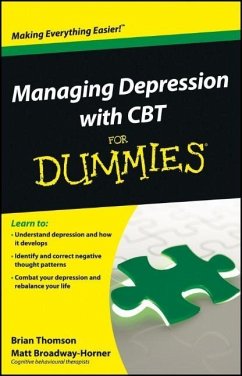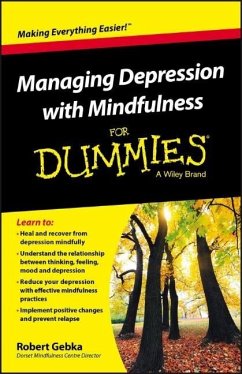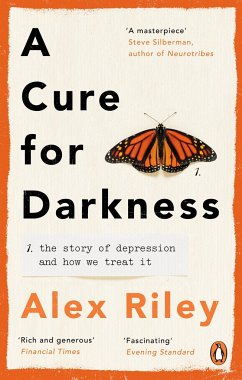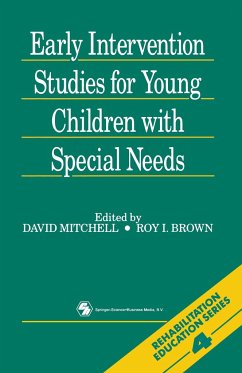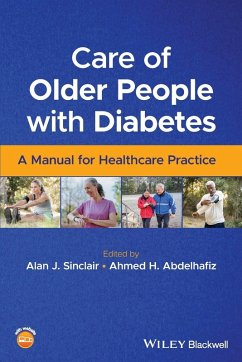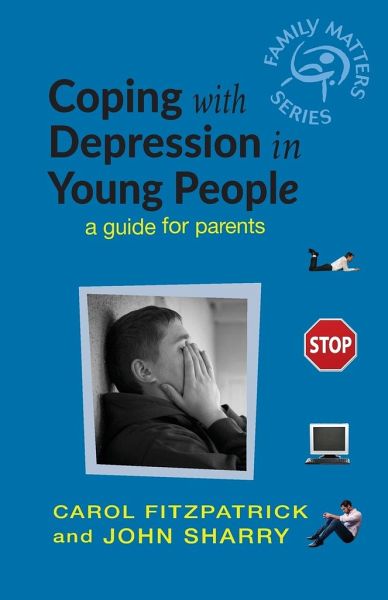
Coping with Depression in Young People
A Guide for Parents

PAYBACK Punkte
11 °P sammeln!
Depressive disorders can produce dramatic and frightening changes in young peoples' behaviour, but while parents may suspect something is wrong, they are often at a loss to know what. This book shows parents how to tell the difference between the ordinary ups and downs and true depression, helping them better understand clinical warning signs and the various approaches to treatment. Dealing sensitively with how depression sometimes manifests itself-self-harm, alcohol and drug abuse, and suicide attempts-the book offers parents practical guidance on how they can reach out to their children and ...
Depressive disorders can produce dramatic and frightening changes in young peoples' behaviour, but while parents may suspect something is wrong, they are often at a loss to know what. This book shows parents how to tell the difference between the ordinary ups and downs and true depression, helping them better understand clinical warning signs and the various approaches to treatment. Dealing sensitively with how depression sometimes manifests itself-self-harm, alcohol and drug abuse, and suicide attempts-the book offers parents practical guidance on how they can reach out to their children and find professional assistance.




